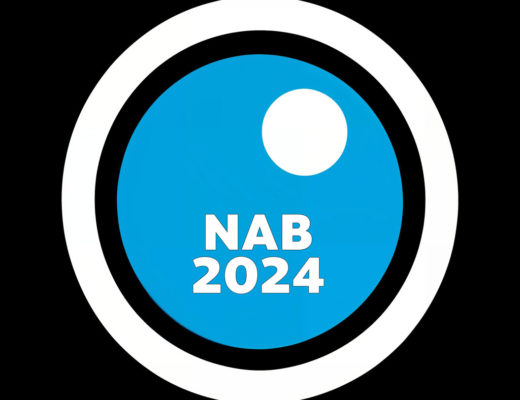Don’t worry, this won’t take long. Instead of writing a 5-part dissertation about the slow agonizing death of journalism at the hand of so-called “content strategists” and the growing culture of “let the intern do it, he knows about that internet stuff,” I will just give you a little slide show today.
Exhibit A: This story from CBSnews.com about the effects of radiation poisoning.
Now, this type of piece is intended to attract anyone with either fears and concerns about radioactive contamination from Japanese nuclear power plants reaching the US, or people with a general interest in the effects of such contamination. A few years ago, when journalism (real journalism, I should say) was still the norm, such a piece would have been written by a trained (professional) journalist. This journalist would have researched the topic thoroughly, consulted previously published articles and studies on the matter, interviewed medical doctors, researchers and other experts, and would have carefully crafted a clearly written and informative article whose aim was to attract, educate and possibly entertain readers. To make sure that the article met the news outlet’s rigorous standards (reputations were still important back in 2005 or 2006), an editor would have gone through the piece before finally signing off on it.
From a business perspective, this model worked for news organizations like CBS, NBC, CNN, the BBC, NPR and others. Relevance and trust attracted an audience. An audience meant circulation, impressions and reach, which in turn meant ad sales revenue and even subscriptions (if applicable). That daisy chain of value started with the news story. It always has and always will. “Content” has to be good in order to be sticky in the long term.
Fast forward to today. As editorial budgets continue to shrink and the news increasingly moves to the web, “content strategy” is quickly beginning to supplant editorial savvy at some of the world’s most prestigious news organizations. Which is to say that instead of employing journalists and editors to produce, write and publish stories to attract readers to advertising-funded content, news organizations’ web divisions are employing… well… I’m not really sure. Take a look:
Continues @http://thebrandbuilder.wordpress.com

Filmtools
Filmmakers go-to destination for pre-production, production & post production equipment!
Shop Now













